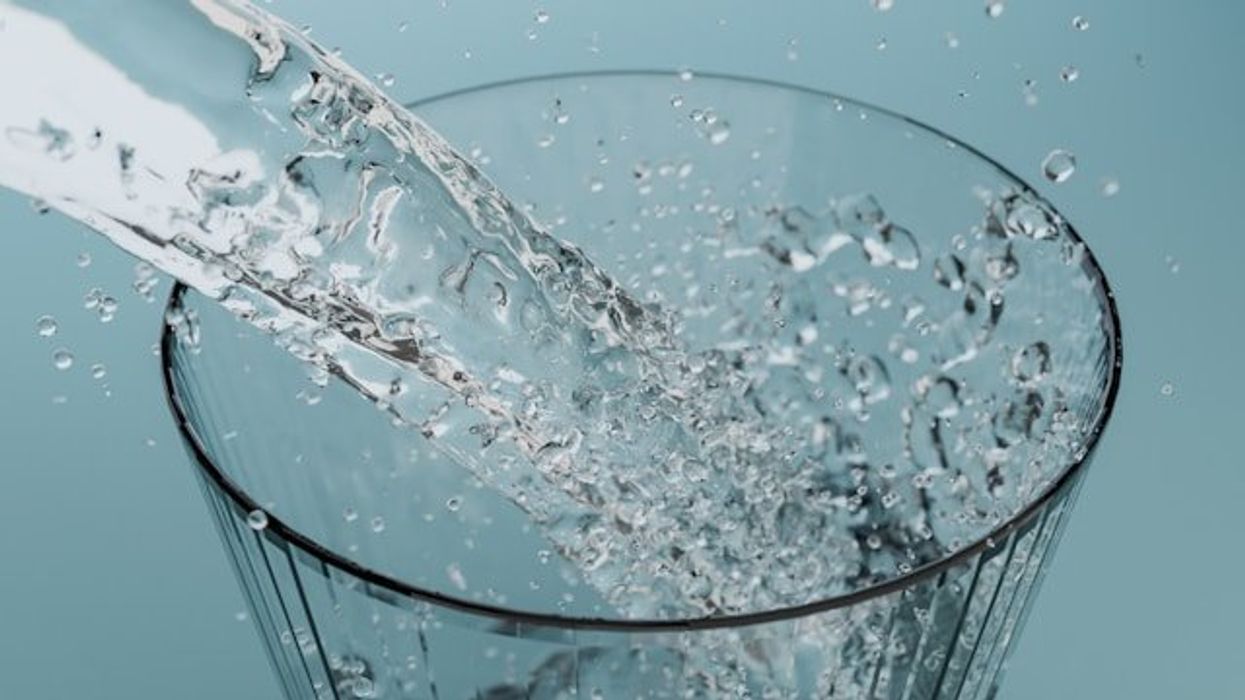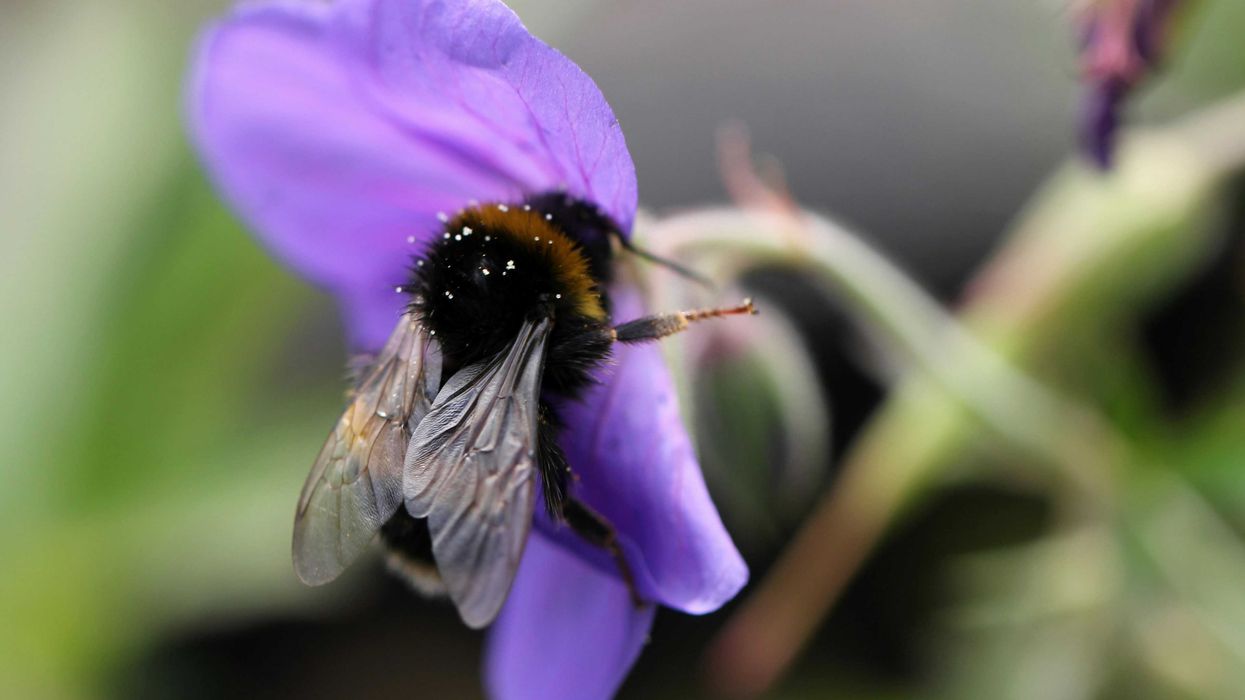New research shows bottlenose dolphins in Florida and Louisiana exhale microplastic fibers, raising concerns about health impacts on marine life and humans.
Leslie Hart and Miranda Dziobak write for The Conversation.
In short:
- Bottlenose dolphins are exhaling microplastics, similar to those found in human lungs, according to new findings.
- Microplastic inhalation in humans can cause lung inflammation and other health problems, which may also affect dolphins.
- Dolphins in both urban and rural areas are exposed to microplastics, but scientists do not yet know the health impacts or whether exposure varies by location.
Key quote:
“Our study highlights how extensive plastic pollution is – and how other living things, including dolphins, are exposed.”
— Leslie Hart, associate professor of public health at College of Charleston
Why this matters:
Microplastics are not only contaminating oceans but also reaching the air, affecting both marine life and humans. Dolphins' health risks can offer insight into the broader environmental impact of plastic pollution.














